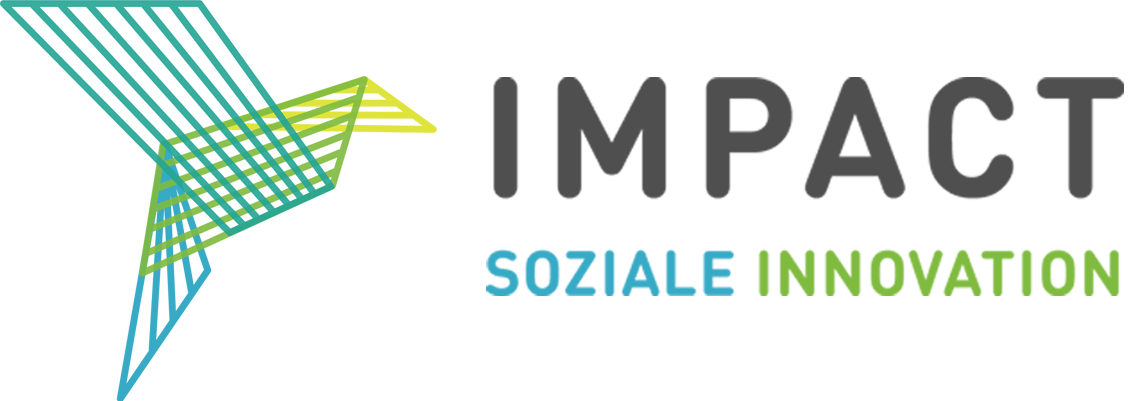The idea of ‘sharing instead of owning’ – though not new – is currently experiencing a revival and arising to a major trend (Belk, 2007, Botsman & Rogers, 2011). It constitutes the defining principle of the so-called sharing economy. The sharing economy is characterized by a peer-to-peer-based sharing of access to goods and services commonly coordinated through information and communication technology platforms (Heinrichs, 2013). Starting as grassroots movements, initiatives associated with the sharing economy have gained increasing importance and diffused in different sectors and industries. A variety of new (and old) ways of organizing based on the basic idea of sharing, bartering or lending have emerged and spread changing or even disrupting existing ways of organizing in a number of industries, such as mobility, service delivery or hospitality (Schor, 2014; Stokes et al., 2014; Owyang, 2016).
For scholars such practical developments and implications provide fertile ground for taking stock of and theorizing the sharing economy. While this can potentially open up new ways for practice and theory to stimulate each other, they do not seem to go hand in hand at the moment (Cohen & Kietzmann, 2014; Belk, 2014). On the one hand, scholars complain that theoretical insights are lagging behind public discourse and practice. On the other hand, much research does not build on existing theoretical work but rather remains descriptive and phenomenally driven. Empirical and conceptual work that explores or explains the variety, trajectories and consequences of new forms of organizing in the sharing economy by building on, rejuvenating and refining existing theories will be of particular relevance for this research workshop.
We invite theoretically grounded research on the principles and types of organizing in the sharing economy, how they arise and spread as well as their intended and unintended consequences. Such research can draw on prior theoretical work as well as stimulate novel insights and theory development. We especially encourage junior researchers to submit their work. Paper contributions can be conceptual, methodological or empirical and may include (but are not limited to) the following perspectives and questions:
(New) forms of organizing in the sharing economy, e.g.
- What are the new types and principles of organizing and coordinating sharing, bartering or lending? How can organizations deal with blurred organizational boundaries and shifting roles of owners, consumers and producers?
- What are the common features of and differences between (innovative, established and historic) sharing economy organizations? What is the relationship between these organization forms? What typologies can be applied to the sharing economy?
Trajectories of sharing economy organizations and practices, e.g.
- Why and how do new forms of organizing arise and develop in the sharing economy? How does the institutional context shape organizing and the very practices of the sharing economy?
- How do new forms, practices and principles of sharing spread (locally and globally)? What are the drivers and obstacles of the sharing economy in economy, politics and civil society?
(Potentially contradictory) consequences of sharing, e.g.
- What are the intended and unintended consequences of sharing? Is there a ‘dark side’ of sharing and what are the related discourses and debates? How can sharing economy organizations gain legitimacy to become established rationales for creating, delivering and capturing value?
- How does the sharing economy change the interaction between actors in the economic, private and public sector? How does this affect institutional logics and orders of worth?
Research Workshop Convenors:
- Johanna Mair, Hertie School of Governance, Germany / Stanford University, USA [mair@hertie-school.org]
- Indre Maurer, Göttingen University, Germany [indre.maurer@wiwi.uni-goettingen.de]
- Achim Oberg, University of Mannheim, Germany / Wirtschaftsuniversität Wien, Austria [oberg@ifm.uni-mannheim.de]
- Michael Woywode, University of Mannheim, Germany [woywode@ifm.uni-mannheim.de]
Submissions and Deadlines:
- Deadline for submission of short paper: September, 15th, 2017
- Short papers (2500-3000 words) should present the topic, theoretical perspective, research methods, expected results, and theoretical contribution.
- Please submit to Achim Oberg (oberg@ifm.uni-mannheim.de)
- Deadline for confirmation of authors: October, 4th, 2017
- Registration: October, 15th, 2017 (Note: Researchers who will not present a paper at the workshop are also warmly invited to register and attend!)
- Deadline for full paper submission: October, 31th, 2017
- Paper presentation in English: November, 8th, 2017, 2pm to 6pm
- Participants are invited to also attend the i-share Symposium on November, 9th, 2017, 10am to 4pm (but be aware that most presentations on November 9th will be in German)
Further information:
www.i-share-economy.org/home/drittes-i-share-symposium
References:
- Belk, R. (2007): Why not share rather than own? In: Annals of the American academy of political and social science, Jg. 611(1), 126-140.
- Belk, Russell (2014): You are what you can access: Sharing and collaborative consumption online. In: Journal of Business Research 67(8), 1595-1600.
- Botsman, R. and Rogers, R. (2011): What’s Mine is Yours: How collaborative consumption is changing the way we live, London: Harper Collins.
- Cohen, B. and Kietzmann, J. (2014): Ride On! Mobility Business Models for the Sharing Economy. In: Organization & Environment, 27(3), 279-296.
- Heinrichs, H. (2013): Sharing Economy: A Potential New Pathway to Sustainability. In: Ecological Perspectives for Science & Society, 22(4), 228-231.
- Owyang, J. (2016): Honeycomb 3.0: The Collaborative Economy Market Expansion. Retrieved 17 06, 2016, from Jeremiah Owyang Blog: www.web-strategist.com/blog/2016/03/10/honeycomb-3-0-the-collaborative-economy-market-expansion-sxsw/
- Schor, J. (2014): Debating the sharing economy. Great Transition Initiative.
- Stokes, K.; Emma, C.; Anderson, L. and Rinne, A. (2014): Making Sense of the UK Collaborative Economy . Retrieved 17 06, 2016, from www.collaboriamo.org: www.collaboriamo.org/media/2014/10/making_sense_of_the_uk_collaborative_economy_14.pdf.


